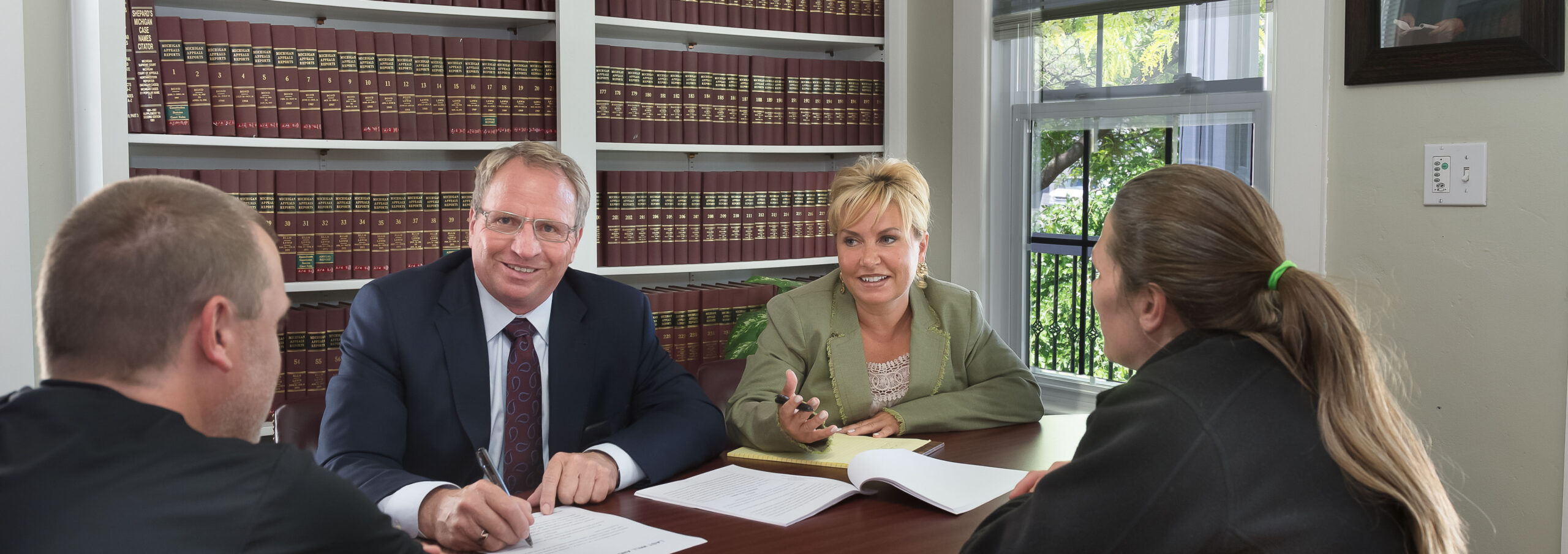
At Bebout, Potere, Cox & Bennion, P.C., we understand that the only way to make smart and informed decisions about an estate plan is to ask the right questions and get answers from someone who fully understands the law, the legal process and how to do things right the first time around. Serving Oakland County and communities throughout southeast Michigan, Our attorneys use their knowledge and experience to do just that, even dispelling estate planning myths that can cause people to hesitate to start their estate plan.
Here is a list of some of the more common myths we hear:
False. You can draft an estate plan at any age, though it’s best to start the process when you start accruing substantive assets for yourself and would like to direct to whom they go.
False. If you die without a will, your property and assets pass into what is called intestate succession. This is a process whereby the state decides which family members will receive the property and in what amount.

False. Probate may be necessary in certain cases, even if a person died with a will. In situations where a will is contested or if a person dies with property in their own name, then probate proceedings may be necessary.
False. You should have an estate plan in place regardless of the size of your wealth. The state of Michigan allows individuals to create small estate plans that can help ease the legal burdens handled by loved ones after someone passes away.
False. Unless your estate never changes and you go through no major life events such as the death of a beneficiary or marriage – which is highly unlikely in most cases – then you should consider speaking with an estate planning lawyer about making updates to your will.
If you have questions about your estate plan or one belonging to a loved one, we encourage you to call our office near Rochester Hills at 248-651-4114. We make ourselves available to answer all your questions and concerns, making sure you understand what needs to be done and how to do it. Contact us now to set up a free 30-minute consultation.
Many believe that estate planning is only for the wealthy or that it only involves wills. In reality, it’s essential for everyone to ensure their wishes are honored.
False. Regardless of age or health, an estate plan can protect your assets and designate guardians for your children if something unexpected occurs.
Yes, life changes such as marriage, divorce, or the birth of a child should prompt a review and potential update of your estate plan to reflect your current wishes.
Not necessarily. While a will is crucial, a comprehensive estate plan may also include trusts, powers of attorney, and healthcare directives to cover all aspects of your estate.
While not all estate planning documents require notarization, having them notarized can add an extra layer of validation and can be beneficial in case of disputes.
Bebout, Potere, Cox &
Bennion, P.C.
1460 Walton Blvd. Suite 105
Rochester Hills, Michigan 48309
Phone: (248)-651-4114
Fax: (248)-651-8923
© 2024 by Bebout, Potere, Cox & Bennion, P.C. All rights reserved. Disclaimer | Privacy Policy